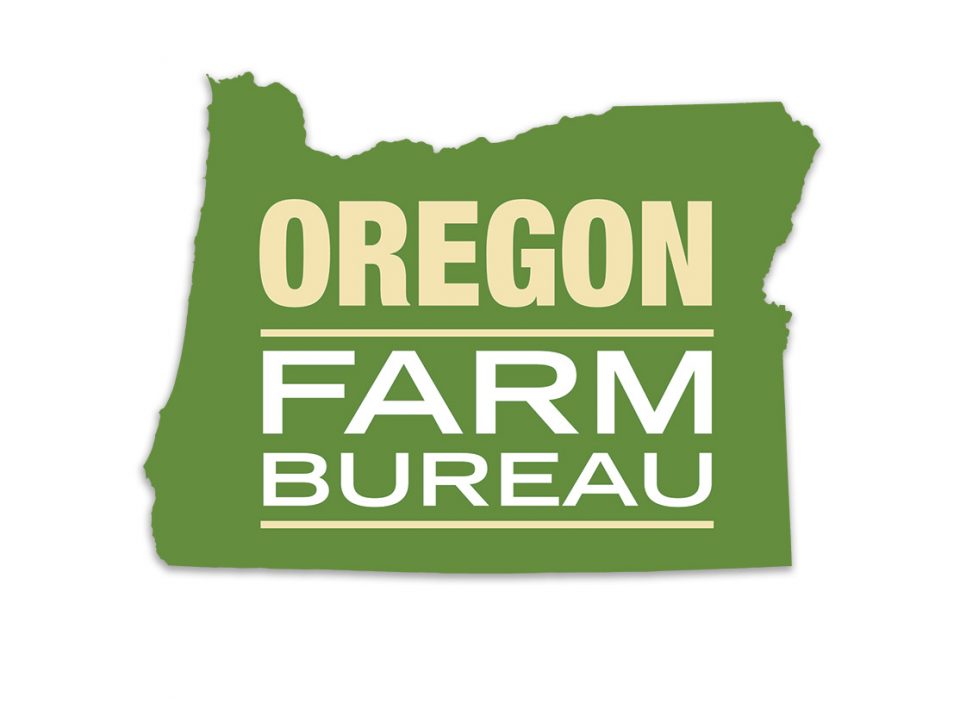Oregon Farm Bureau – 10/23/20 12:22 PM
October 23, 2020, SALEM, OREGON: Oregon Farm Bureau is dismayed by the Governor’s decision to release a last-minute Executive Order extending the rules for employer-provided agricultural housing and shocked that the Governor would add criminal penalties to the enforcement of these rules.
Adoption of the original temporary COVID-19 rules for agriculture allowed no meaningful public input and resulted from an activist petition, not from any public health or scientific experts. Using an Executive Order to extend these rules subverts the public process yet again.
There has not been an identified “outbreak” of COVID-19 in agricultural housing since the beginning of the pandemic, even before the temporary rules were adopted. OR-OSHA’s data shows that of the 11,617 complaints made to the agency, and subsequent violations found, agriculture represents only 33. Almost all of these cases were minor, such as not having enough posters displayed. The Oregon Health Authority has made it clear that social gatherings off-site are the major driver of continued spread of COVID-19, not on-farm employment and housing.
Outbreaks are actively occurring off-site in community-based and other housing. Because of bed-spacing, prohibition of bunk beds, and other technical requirements, the temporary rules reduced the amount of safe on-farm housing and pushed employees out into unregulated environments. Farmworker advocates acknowledge that community-based and off-site housing doesn’t require social distancing, yet this housing has not been the subject of increased regulation, scrutiny, or criminal penalties. OFB agrees with the need to mitigate the spread of COVID-19 in housing, but believes there is a way to protect employees without displacing them.
The Governor’s staff informed agricultural leaders of the Executive Order less than 24 hours before it was to be issued and would not share the text of the order with just hours to go before implementation. The use of an 11th hour Executive Order guarantees that no official public comment will be heard, no stakeholder perspectives will be taken into account, and it also subverts the requirements of the Oregon Administrative Procedures Act.
Oregon’s farm families and the organizations that represent them have been working to make a positive difference in the fight against COVID-19 since March, including proactively discussing with OR-OSHA how best to protect farmworkers during this crisis. The state’s unfounded focus on agriculture hurts both farmers and their employees, while also diverting resources away from areas where COVID-19 spread is actually occurring.
Executive Orders must be reserved for true public health emergencies, not the subversion of public process. We are disappointed with today’s release of an Executive Order that will do little to promote the health and wellbeing of our most vulnerable communities and circumvents the required public process.
###
“Farm Bureau” is a registered trademark; please capitalize in all cases.
Oregon Farm Bureau (OFB) is a grassroots, nonpartisan, nonprofit, general farm organization representing the interests of farming and ranching families in the public and policymaking arenas. First established in Oregon at the county level in 1919 and the state level in 1932, Farm Bureau is organized in all 36 counties.
Oregon Farm Bureau President Barb Iverson comes from a multigenerational family farm from Woodburn, raising industrial hemp, grass seed, squash, vetch seed, hazelnuts, wine and table grapes, and operating the Wooden Shoe Tulip Festival, which attracts over 160,000 visitors each year. Iverson is OFB’s 17th president.









